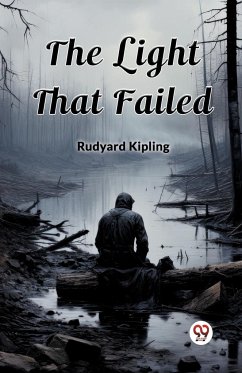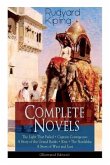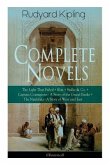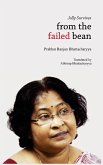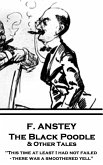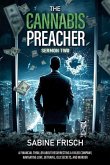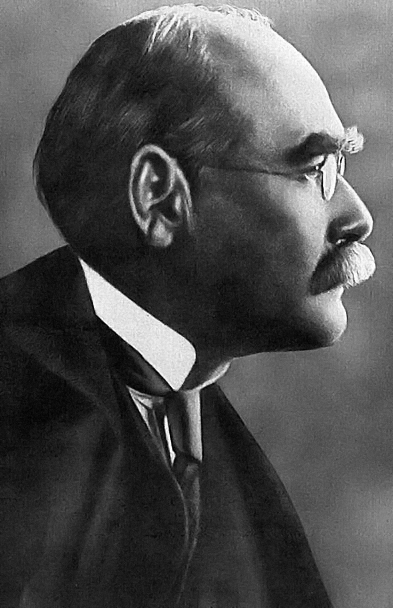"The Light That Failed" by Rudyard Kipling is a compelling novel that encapsulates the essence of British literature through its exploration of war, romance, and the complexities of human relationships. Kipling's work is a powerful testament to the impact of imperialism on individuals, set against the backdrop of military conflict and artistic expression. At its core, this novel is a poignant coming-of-age story that delves into themes of loss, betrayal, and the disillusionment of youth. Through vivid prose and psychological exploration, Kipling masterfully captures the internal struggles of his characters as they navigate the turbulent waters of love and friendship amidst the chaos of war. The narrative unfolds with rich layers of emotion and depth, drawing readers into a world where art becomes a means of both escape and self-discovery. Against a backdrop of imperialism, Kipling weaves a tale that resonates with universal truths about the human condition, leaving a lasting impact on those who embark on this literary journey. With its blend of romance, war, and introspection, "The Light That Failed" stands as a timeless masterpiece of British literature, showcasing Kipling's unparalleled skill in crafting stories that transcend time and place.
